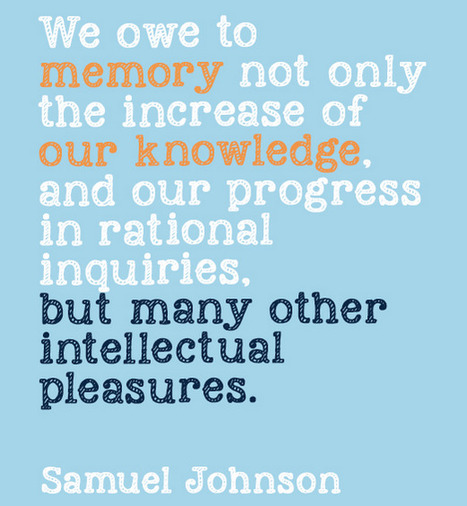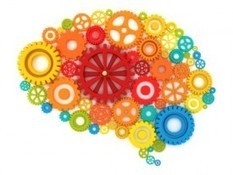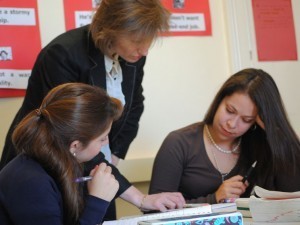"Do you really know something if you can’t remember it? I had a conversation with a fellow educator on this subject one semester, and we both came to the conclusion that knowledge relies almost exclusively on a student’s ability to remember what she has learned. Proof of knowledge comes from demonstration of knowledge; if you can’t recall a fact, then for all intents and purposes you never learned it. But where does that leave intelligence?"
Research and publish the best content.
Get Started for FREE
Sign up with Facebook Sign up with X
I don't have a Facebook or a X account
Already have an account: Login
Tech tools that assist all students to be independent learners & teachers to become better teachers
Curated by
Beth Dichter
 Your new post is loading... Your new post is loading...
 Your new post is loading... Your new post is loading...

Kyle McAlister's curator insight,
September 21, 2018 10:49 AM
As I study to become a high school teacher in a metropolitan area, this article is pertinent to both my effectiveness in that position, as well as my current research. The methods that the article highlights regarding how to engage students who live in poverty and how to be a support for them speak directly to my question of how a teacher can influence poverty.
|

Lori Wilk's curator insight,
February 2, 2014 10:35 AM
The ability bounce back and move forward when life hits hard is so important to our success.This article shares the importance of resilience and we should teach this skills to others. |
















This post notes that working memory plays a critical role in academic success. There is a detailed section that share the science behind working memory. This section is followed by 10 suggestions on how you could work with your students to increase their working memory. Two of the suggestions are:
* Chunking
* Interacting images
In is likely that we have students in our classes with poor working memory. One of the suggestions is The Automated Working Memory Assessment that they state may be used by a teacher. What would happen if we were able to learn that a struggling students needs to increase their working memory and had tools to assist them to learn how to do this? Would they become more successful? This is a post you may want to share with others in your building.